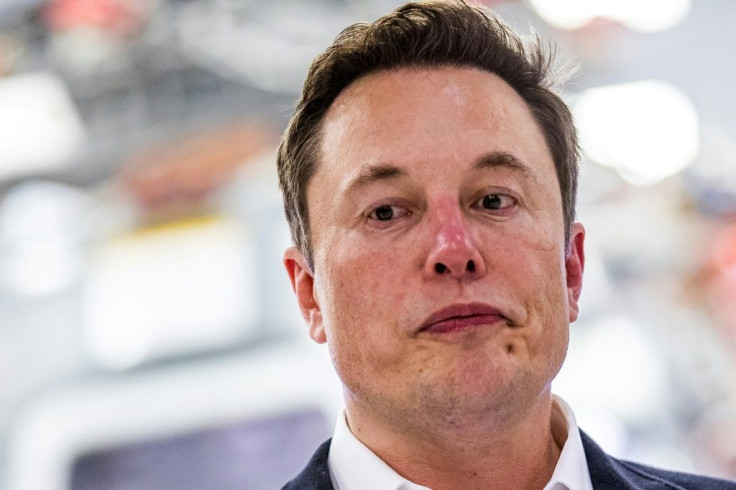Will Tesla Set Up Factories In India Anytime Soon? Don’t Count On It

The Indian government is planning to offer incentives to 324 foreign companies, including Tesla Inc. (TSLA), to establish factories in India to take advantage of the ongoing trade war between China and the U.S. and to accelerate its own sluggish economic growth.
The Indian government’s Department for Promotion of Industry and Internal Trade and Invest India, a nonprofit venture of the government, seeks to provide foreign manufacturers with land to build factories, along with sufficient power, water and road access.
The endeavor falls under Prime Minister Narendra Modi’s strategy to double India’s gross domestic product to $5 trillion by 2025.
India has been experiencing sluggish economic growth. The country’s central bank, the Reserve Bank of India, just cut its gross domestic growth forecast for the current year to 5% from 6.1%. Hence, it needs to kick-start growth via investments.
India has already cut corporate tax rates and has eased foreign investment rules to attract investment funds.
“We have seen companies moving to Vietnam. I don’t think it is too late for India to start making an effort,” said Sonal Varma, chief economist at Nomura Holdings in Singapore. “India offers a unique advantage of being a huge domestic market too, so it is definitely an opportunity for the government to attract investment.”
However, it’s not certain that Tesla ever will set up shop in India.
For one thing, India’s Transport Minister, Nitin Gadkari has said he will not permit driverless vehicles to be built or used in the country since they will take jobs away from Indian drivers.
“I will not let the jobs of [10 million] people be snatched away,” he said.
In addition, all Tesla electric cars come equipped with radar to enable them to use driverless technology. But in India radar is banned for use in any consumer product.
India also largely lacks electric vehicle charging infrastructure, even in big metropolises like New Delhi and Mumbai.
Elon Musk, the CEO of Tesla, has addressed the subject of India as a market for his vehicles, by pointing out that India has high import duties on cars made by foreign manufacturers, which would make Tesla automobiles unaffordable for Indian consumers.
India slaps import duties of at least 125% on imported cars to protect domestic automakers.
“In the near future, if India plans to loosen up some of its laws and improve its [electric vehicle] charging infrastructure, then maybe there’s a possibility that Tesla will show interest in the region. At the moment, the chances of any of that happening are slim to none,” Musk said in August.
While India has made conditions easier for foreign firms to do business there, it has a long way to go.
India recently leaped to the 63rd position (out of 190 countries) in the World Bank's “Ease of Doing Business” report for 2020 – up from 77th place in the prior year.
“Sustained business reforms over the past several years has helped India jump 14 places to move to 63rd position in this year’s global ease of Doing Business rankings. India put in place four new business reforms during the past year and earned a place in among the world’s top 10 improvers for the third consecutive year,” the World Bank study said.
But the bank warned that India still lags behind in such areas as enforcing contracts and registering property. For example, it takes 58 days and costs on average of 7.8% of a property’s value to register it in India. Moreover, it takes 1,445 days (almost 4 years) for a company to resolve a commercial dispute through a local court.
“India’s impressive progression in the Doing Business rankings over the past few years is a tremendous achievement, especially for an economy that is as large and complex as India’s,” said Junaid Ahmad, World Bank country director in India. “Special focus given by the top leadership of the country, and the persistent efforts made to drive the business reforms agenda, not only at the central level but also at the state level, helped India make significant improvements. The focus now needs to be on continuing this trend to maintain and improve its ranking.”
© Copyright IBTimes 2025. All rights reserved.





















